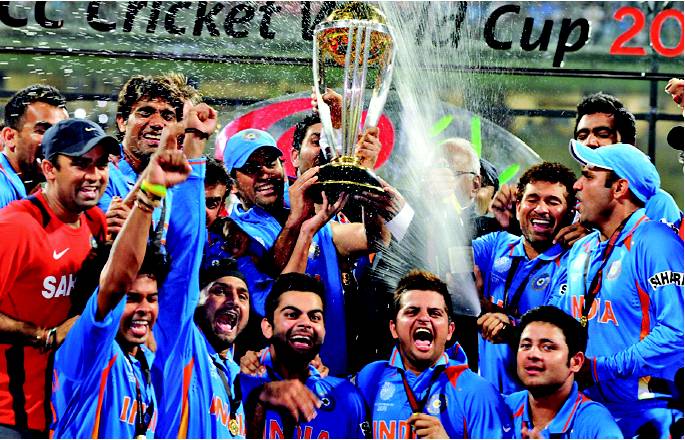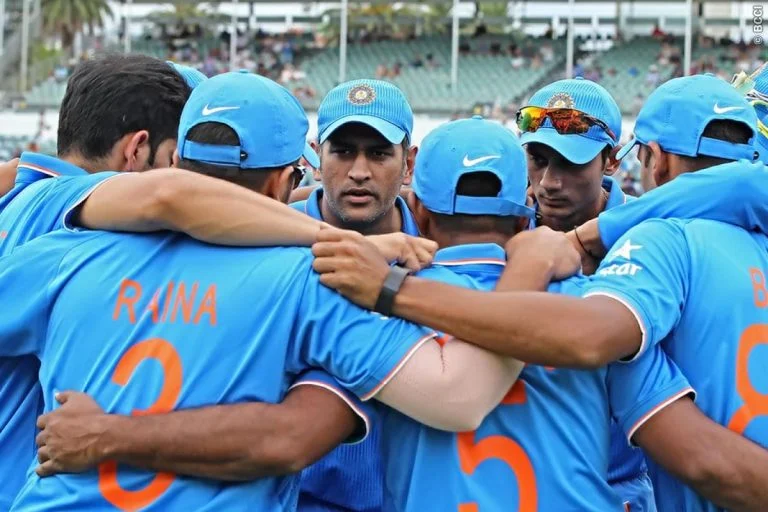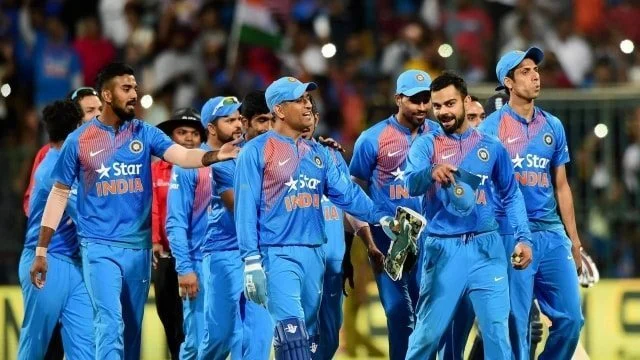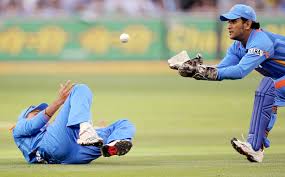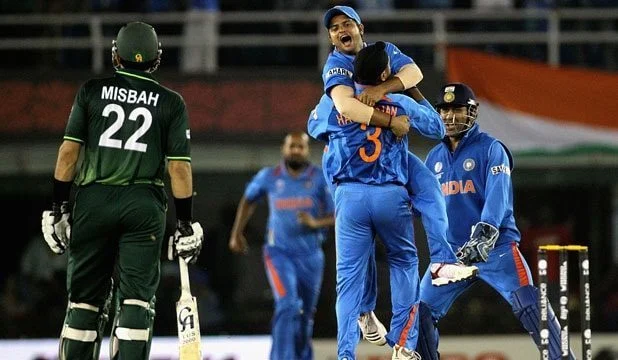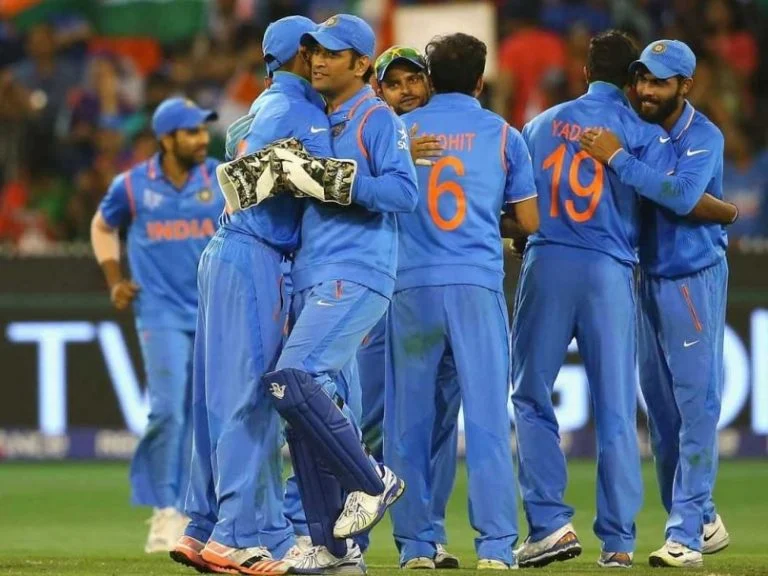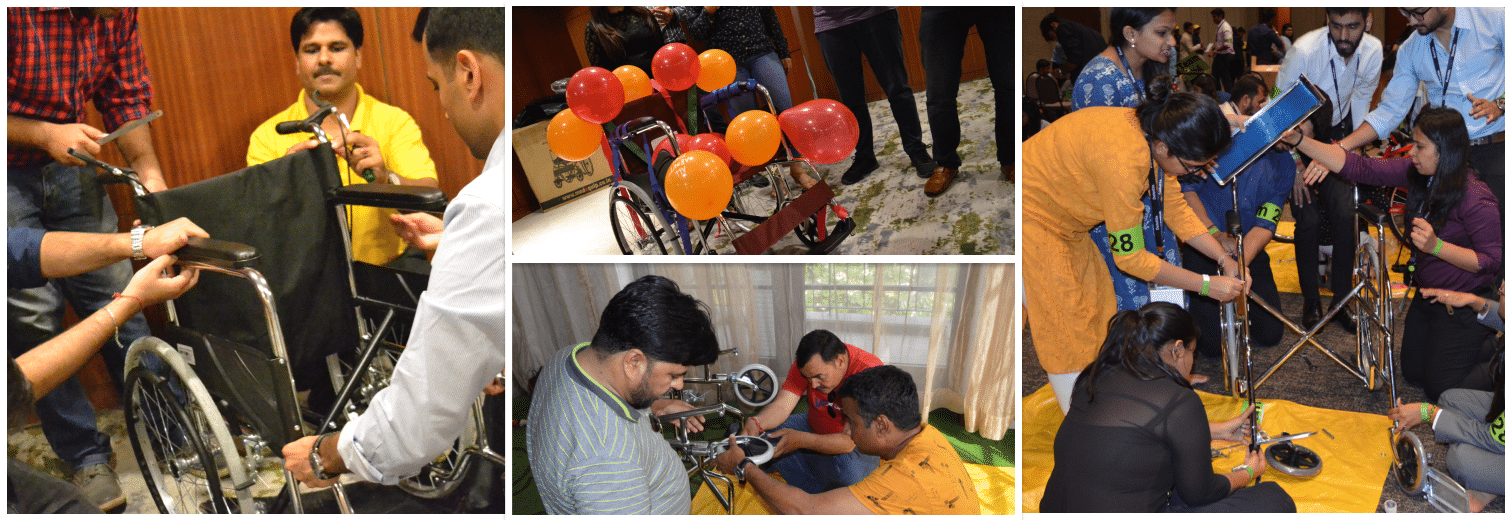I have always believed that sports offer invaluable insights that can seamlessly translate into the corporate world. Cricket, being deeply woven into the fabric of our culture, serves as a perfect example. With events like the Indian Premier League regularly capturing our attention, it provides numerous practical lessons in leadership, teamwork, and motivation.
India’s remarkable ICC Cricket World Cup victory in 2011, under the leadership of MS Dhoni, particularly stands out as a case study in high-performing team dynamics. Today, I will share with you some key insights drawn from cricketing successes, and how you can apply them to build, manage, and inspire a high-performing team in your organization.
Understanding Individual Strengths
Table of Contents
As a manager, knowing your team’s individual strengths and weaknesses is essential. MS Dhoni, renowned for his insightful captaincy, was particularly skilled at understanding each player’s capability. He knew exactly when to use a bowler or a batsman depending on the match scenario. This strategic deployment helped India perform consistently.
Similarly, in corporate teams, understanding your members’ unique strengths can greatly enhance overall effectiveness. Knowing who excels in analytical thinking versus who is best at handling client interactions allows you to delegate tasks appropriately. This strategy not only optimizes performance but also keeps your team motivated and confident.
Workplace Takeaway:
Spend time regularly engaging with your team members to understand their strengths. Assign roles and responsibilities that align with their natural abilities and interests, leading to higher satisfaction and productivity.
Also Read: Helping Employees Find Their True Potential
Prioritize Team Over Individual
A team cannot succeed if individuals put personal ambitions ahead of the collective goal. Dhoni continuously emphasized teamwork. He consistently prioritized the team’s interests over personal achievements, inspiring his teammates to do the same.
Likewise, in your own team, it is crucial to communicate clearly about the overarching team objectives. Ensure that your actions reflect your words by demonstrating impartiality, fairness, and genuine commitment to team success. Favoritism or personal biases can severely damage team morale and trust.
Workplace Takeaway:
Promote a team-first mindset by highlighting collective achievements and acknowledging teamwork during reviews and meetings. Team success should be celebrated as much, if not more, than individual wins.
Building an Open and Inclusive Culture
The culture within a team greatly influences performance. One of Dhoni’s strengths as captain was creating an environment where team members felt comfortable sharing ideas and expressing opinions openly. This encouraged healthy debates and ultimately improved on-field decision-making.
Creating a similar open environment in your organization encourages creativity and innovation. It helps your team members feel heard and valued. This sense of belonging significantly increases overall engagement and job satisfaction.
However, it is crucial to avoid pitting team members against each other. Friendly competition can motivate, but excessive internal rivalry can create lasting friction.
Workplace Takeaway:
Create spaces where your team feels safe to express their thoughts. Conduct regular feedback sessions and ensure all voices are heard equally, fostering an inclusive and innovative team culture.
Trust and Empower Your Team
Dhoni’s leadership style was deeply rooted in trust. He allowed bowlers and batsmen to make decisions independently during high-pressure situations. By empowering his teammates and showing faith in their capabilities, he significantly boosted their confidence and performance.
In the corporate world, the same principle applies. Micromanagement can stifle creativity and morale. Empowering team members by trusting them with responsibility makes them feel valued and inspires them to perform their best.
Workplace Takeaway:
Delegate authority appropriately, give autonomy, and encourage team members to take initiative. By doing so, you help build their confidence, enhance their professional growth, and foster stronger loyalty toward the team and organization.
Also Read: Why Communication Is An Important Leadership Trait
Tackle Issues, Not Individuals
Effective leaders discuss problems objectively rather than targeting individuals. Sachin Tendulkar, another cricketing legend, demonstrated this perfectly after India’s semifinal win against Pakistan in the 2011 World Cup. Instead of singling out performances, he focused on the broader team goal, emphasizing that the job was not yet complete.
In corporate leadership, it is crucial to distinguish between the issue and the individual. Constructive feedback should always aim at solving problems and improving performance without personal criticism. This practice maintains dignity and respect, essential for long-term team cohesion.
Workplace Takeaway:
Always approach issues with objectivity. Foster a feedback culture that addresses performance, not personality, ensuring conversations are solution-focused and supportive.
Become a Coach, Not Just a Boss
Dhoni’s role was not only as a captain but also as a mentor. He consistently supported younger players, understood their aspirations, and guided them effectively. The team thrived because each member felt encouraged, valued, and confident in their potential.
As a corporate manager, adopting a coaching mindset will make a significant impact. Investing in your team members’ professional growth, offering mentorship, and genuinely caring about their development fosters loyalty, motivation, and higher performance levels.
Workplace Takeaway:
Dedicate time regularly for one-on-one mentoring and coaching. Offer guidance on career progression and professional growth opportunities. Such efforts create lasting positive impacts on team morale and productivity.
Relationships Beyond Work
One remarkable manager at Wipro was known for his exceptionally low attrition rate because of his personalized approach. He regularly brought flowers to team members on their special occasions and spent genuine time building relationships beyond professional boundaries.
Similarly, strong personal connections within a team significantly improve workplace dynamics and productivity. People naturally perform better when they feel valued, understood, and cared for.
Workplace Takeaway:
Invest genuinely in building authentic relationships with your team beyond office tasks. Simple gestures like acknowledging birthdays or family milestones go a long way in strengthening team bonds.
Authenticity is Crucial
Any effort in leadership will fail if authenticity is missing. Genuine leaders who sincerely care about their team’s growth and well-being naturally inspire loyalty and respect.
However, if team members sense insincerity, credibility is lost instantly. Genuine interest in your team’s well-being allows you to be tough when necessary without losing respect or trust.
Workplace Takeaway:
Always communicate genuinely and transparently. Authentic interactions build trust, enhance your credibility, and foster lasting professional relationships.
Embrace Flexibility and Adaptability
Today’s corporate world, similar to the dynamic environment of cricket, demands adaptability and flexibility from leaders. Managers who rigidly adhere to fixed strategies often struggle in rapidly evolving conditions. Dhoni’s ability to adapt quickly to changing match situations was instrumental in India’s success.
Likewise, flexibility in your approach, openness to new ideas, and adaptability in strategy can significantly improve your team’s performance and outcomes.
Workplace Takeaway:
Regularly review and adjust strategies to respond effectively to changing circumstances. Embrace new ideas and foster an environment that encourages continuous learning and adaptation.
Final Reflections
India’s memorable Cricket World Cup victory in 2011 was more than just a sporting triumph. It offers practical leadership insights into building, motivating, and sustaining winning teams. By applying these lessons, you can significantly enhance your team’s effectiveness, cohesion, and overall performance.
As leaders, it is our continuous responsibility to nurture environments where teams can thrive, grow, and achieve their best. The leadership styles of Dhoni, Tendulkar, and other cricketing greats offer timeless insights into making this possible.
I hope you found these insights valuable and practical. Have you successfully implemented similar strategies with your teams? I would love to hear your experiences and thoughts. Let’s continue the conversation and keep learning from each other.
Happy team-building!

